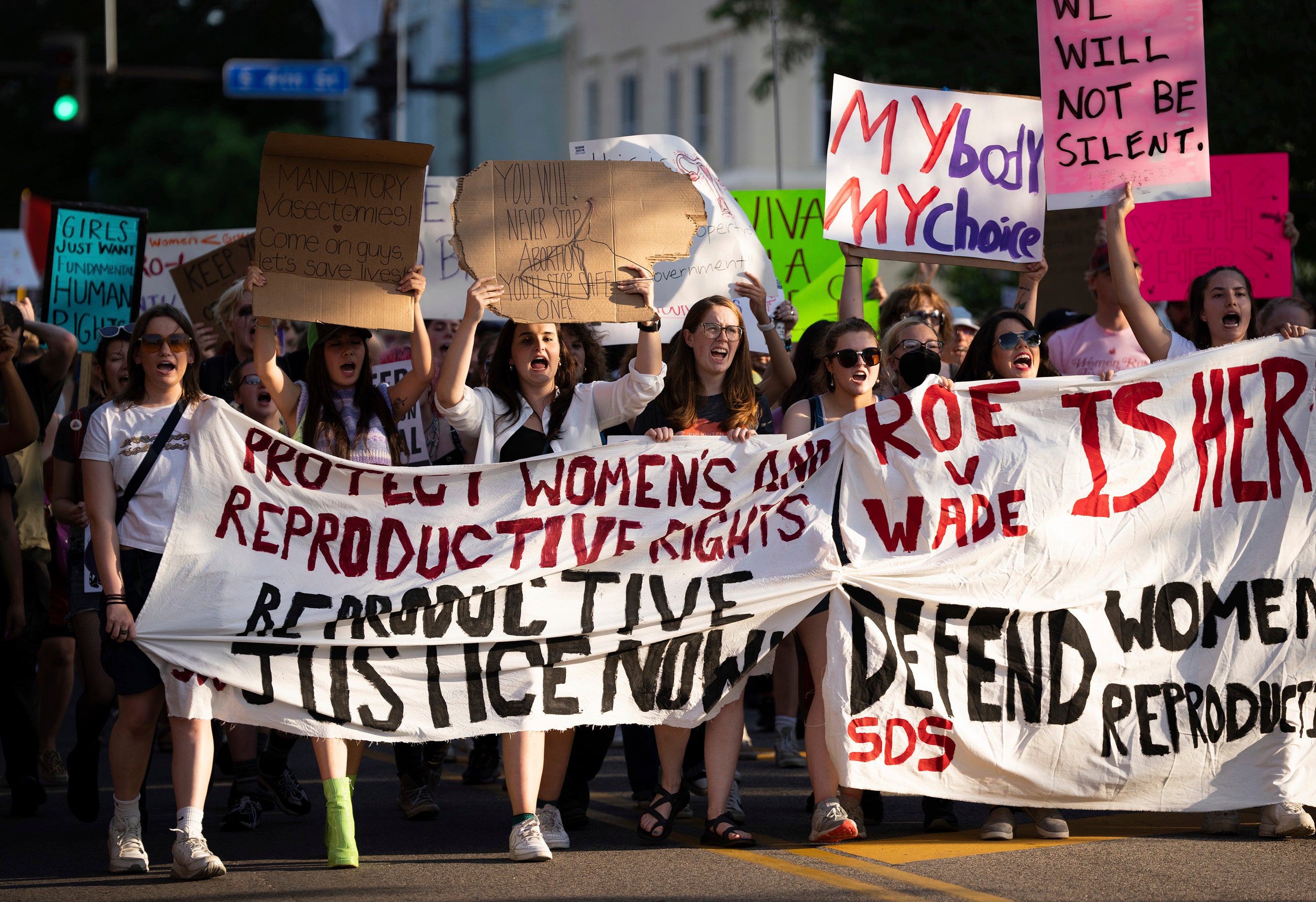Pharmacist refused emergency contraception prescription. Court to decide if that was discrimination
Attorneys for a woman who was denied emergency contraception in 2019 told the Minnesota Court of Appeals the pharmacist who refused to fill the prescription discriminated against her on the basis of her sex

Attorneys for a woman who was denied emergency contraception in 2019 told the Minnesota Court of Appeals Thursday that the pharmacist who refused to fill the prescription discriminated against her on the basis of her sex.
But an attorney for George Badeaux, the pharmacist at Thrifty White in central Minnesota, said his refusal to provide the drug due to his religious beliefs was not a violation of state and federal law.
A jury ruled last year that Badeaux did not discriminate against Andrea Anderson, a mother and foster parent, when he refused to fill her prescription for Ella, a drug that is used to stop a pregnancy before it starts. The jury also awarded Anderson $25,000 due to emotional harm — money she can't collect because there was no finding of discrimination, said Jess Braverman, one of Anderson’s lawyers.
Gender Justice, an advocacy organization for gender equity, and other lawyers for Anderson appealed the jury's ruling this year.
“This was pregnancy-related discrimination,” Braverman, the legal director for Gender Justice, said in court Thursday.
Braverman added that Badeaux illegally discriminated against Anderson on the basis of her sex when he refused to fill her prescription for a drug that is only prescribed to women.
Anderson eventually got her prescription filled at a pharmacy in Brainerd, making the round-trip of more than 100 miles (161 kilometers) in wintry driving conditions in 2019.
Rory Gray, a lawyer for Badeaux, argued federal and state law would not classify Badeaux's actions as pregnancy discrimination.
The Minnesota Human Rights Act “is focused on motives, not consequences," Gray said. “Mr. Badeaux had to have a discriminatory motive. The jury found that he did not. And that’s backed up by the statute, which does not impact so much what is done as to why it’s done.”
Gray added that Badeaux was not focused on himself or on Anderson when he refused to fill the prescription. “Primarily, he was focused on a third party. And that’s the life that’s formed when an egg is fertilized,” Gray said.
Braverman said it doesn't matter if Badeaux was trying to harm Anderson or not.
“That’s not an element of a discrimination claim. It’s simply whether they denied the person full and equal access to goods and services," Braverman said.
“The problem that happened here was that the court instructed the jury that if Mr. Badeaux didn’t intend to cause Ms. Anderson harm and stigma and shame, then they have not committed discrimination. And that is not the law in Minnesota — it’s whether you intended to discriminate, which we have ... uncontroverted testimony of that here," Braverman added.
The panel of three judges has 90 days to rule on the appeal.
Since the U.S. Supreme Court ended constitutional protections for abortion last year, some states have expanded access to emergency contraceptives and birth control while other states have restricted access and enacted abortion bans.
Dozens of universities across the country now carry emergency contraceptives in vending machines, according to the American Society for Emergency Contraception. Some, such as the University of Tulsa in Oklahoma, are in states where abortion is largely banned.
___
Trisha Ahmed is a corps member for the Associated Press/Report for America Statehouse News Initiative. Report for America is a nonprofit national service program that places journalists in local newsrooms to report on under-covered issues. Follow her on X, formerly Twitter: @TrishaAhmed15